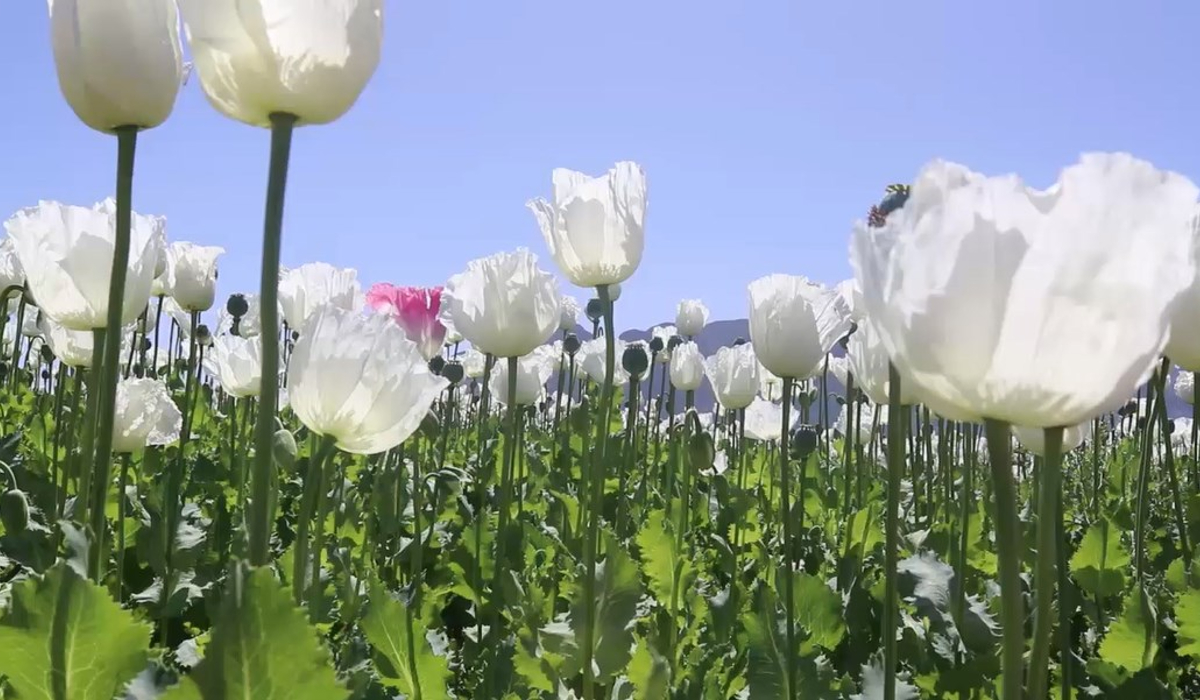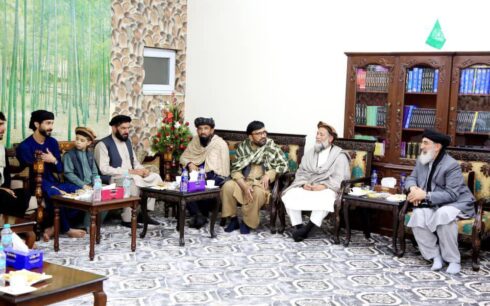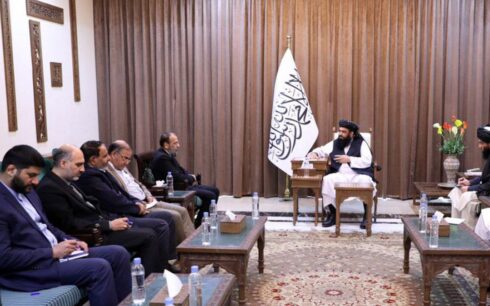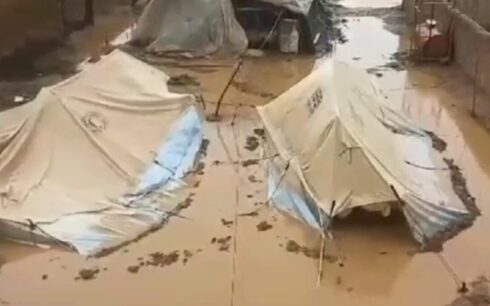Taliban leader Mullah Haibatullah Akhundzada issued a decree on April 4, 2022, banning the cultivation, purchase, and sale of narcotics throughout Afghanistan.
Following the order, the Taliban apparently put a series of measures in place to prevent poppy cultivation in several areas, particularly in the southern region of the country, where a large number of narcotics are known to have been produced.
Kandahar
According to reports, 85,000 acres of agricultural land are being cultivated by poppy farmers in southern Kandahar, and drugs continue to be produced in the province.
Attaullah Zaid, the spokesman for the Taliban’s governor for6 Kandahar, claimed that the Taliban destroyed 600 acres of poppy fields after Akhundzada’s order in the province.
Helmand
In this province, reports state that hundreds of thousands of acres of land is used in Helmand to grow poppies. Provincial officials, however, claimed that they have destroyed hundreds of acres of poppy plantations.
According to reports, 50 acres of poppy fields were destroyed close to the provincial capitals of Zabul and Uruzgan.
But, to what extent has the Taliban leader’s decree been enforced?
Despite the Taliban’s pledge to destroy poppy fields in Kandahar and Helmand provinces, the continuation of poppy cultivation shows the Taliban on the ground are ignoring their supreme leader Haibatullah Akhundzada’s command.
Khakrez, Shah Wali Kot, Zhari, and Maiwand districts of Kandahar and all the districts of Helmand province including its capital are still being cultivated with poppies.
On December 21, 2022, a clash broke out between a Taliban-pro farmer and a Taliban commander in the Tazni area in the Baghran district of Helmand over the cultivation of poppies, in which both of them were killed.
Opium prices and markets
Organized markets for the sale of opium are active in Panjwayi District, Zhari, Maiwand of Kandahar, and Sangin and Musa Qala districts of Helmand, where smugglers and drug dealers sell their goods openly.
Based on statistics, the cost of 4.5 kg of opium was $330 dollars early last year, but it now costs $1,000 for the same amount, following the ban.
According to the United Nations Development Agency (UNDP), income generated by Afghan farmers from opium sales has increased from $2 billion to $3 billion a year and its market value also exceeds $200 billion.
Traffickers make the most money
Drug trafficking has become a lucrative source of income for the Taliban, say experts.
According to reports, the Taliban charge traffickers 600 Afghanis ($6.7) for each kilo of opium smuggled through Nimroz, Kandahar, and Helmand provinces.
A number of experts said that poppy cultivation in Afghanistan is linked to the Taliban and that it is impossible to stop them.
Jawid Ahmad Zafar Baloch, an analyst, said: “In the past, poppy used to be cultivated in one season only each year. But in recent years, because of its high profit for the Taliban, it has tripled in a year; this shows that the Taliban are still involved in drugs [cultivation and trafficking].”
Baloch stated that the Taliban apparently announced the ban on drugs in order to improve their relations with their neighboring countries as well as to give the impression, to the world, that they are fighting drugs.
The United Nations Drug and Crime Control Agency (UNODC) said that last year, 224,000 hectares of land were cultivated with poppies, which is why in 2022 there was a seven percent increase in heroin production worldwide.





